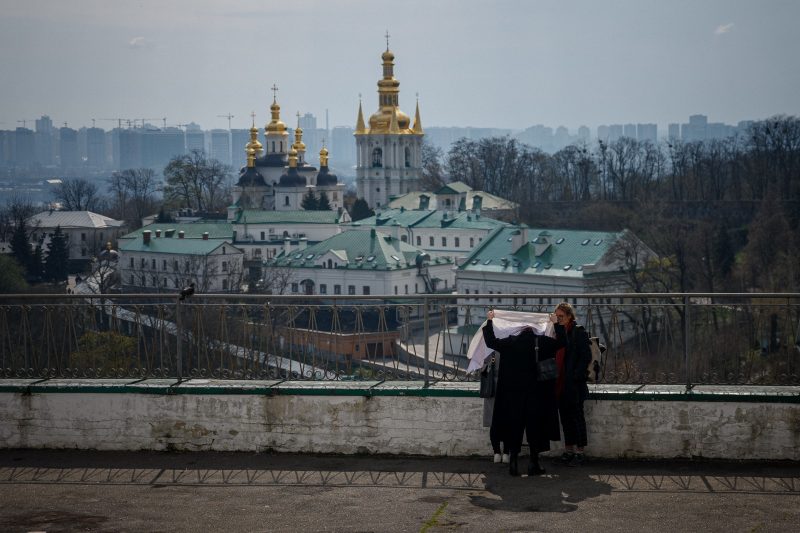
Lobbyists Clash: The Fight for the Orthodox Church’s Future in Ukraine
In recent years, the Orthodox Church in Ukraine has been at the center of a fierce battle between various factions within the church and political groups in the United States. This conflict has not only drawn attention from believers and scholars worldwide but has also become a point of contention among D.C. lobbyists who are vying to influence the future of the church.
The struggle for control over the Orthodox Church in Ukraine has deep historical roots, stemming from the country’s complex relationship with Russia and its ongoing efforts to assert its independence. With the collapse of the Soviet Union, Ukraine sought to distance itself from Russian influence and strengthen its own national identity, including through its religious institutions.
Amid these geopolitical tensions, the Orthodox Church in Ukraine found itself at the center of a power struggle, with different factions within the church vying for control and seeking recognition from influential international bodies. This internal division allowed external actors, including D.C. lobbyists, to capitalize on the situation and push their own agendas.
For D.C. lobbyists, the future of the Orthodox Church in Ukraine represents not only a religious concern but also a geopolitical and strategic opportunity. Some lobbyists advocate for closer ties between the church and the West, seeing it as a way to undermine Russian influence in the region and strengthen Ukraine’s ties with Western allies.
On the other hand, there are lobbyists who argue for maintaining the status quo or even strengthening ties with the Russian Orthodox Church, as they believe it could help stabilize the region and prevent further escalation of conflicts. These lobbyists often emphasize the importance of respecting religious traditions and avoiding interference in internal church matters.
The battle over the future of the Orthodox Church in Ukraine has thus become an arena for competing interests, where D.C. lobbyists play a significant role in shaping the narrative and influencing decision-makers. As they work behind the scenes to gain support for their positions, these lobbyists walk a fine line between promoting their agendas and respecting the autonomy and integrity of the church.
In the midst of this complex situation, it is crucial for all parties involved to prioritize the well-being of the Orthodox Church in Ukraine and its believers. Finding common ground and fostering dialogue among different factions within the church, as well as engaging in respectful and informed discussions with external actors, can help ensure a peaceful and sustainable future for the church.
Ultimately, the future of the Orthodox Church in Ukraine will depend on the ability of all stakeholders to navigate these challenges with wisdom and compassion, respecting the church’s autonomy and the religious rights of its followers. By seeking to understand and address the underlying concerns and motivations of all parties involved, it is possible to find a path forward that respects the diversity and complexity of the church’s history and traditions.
